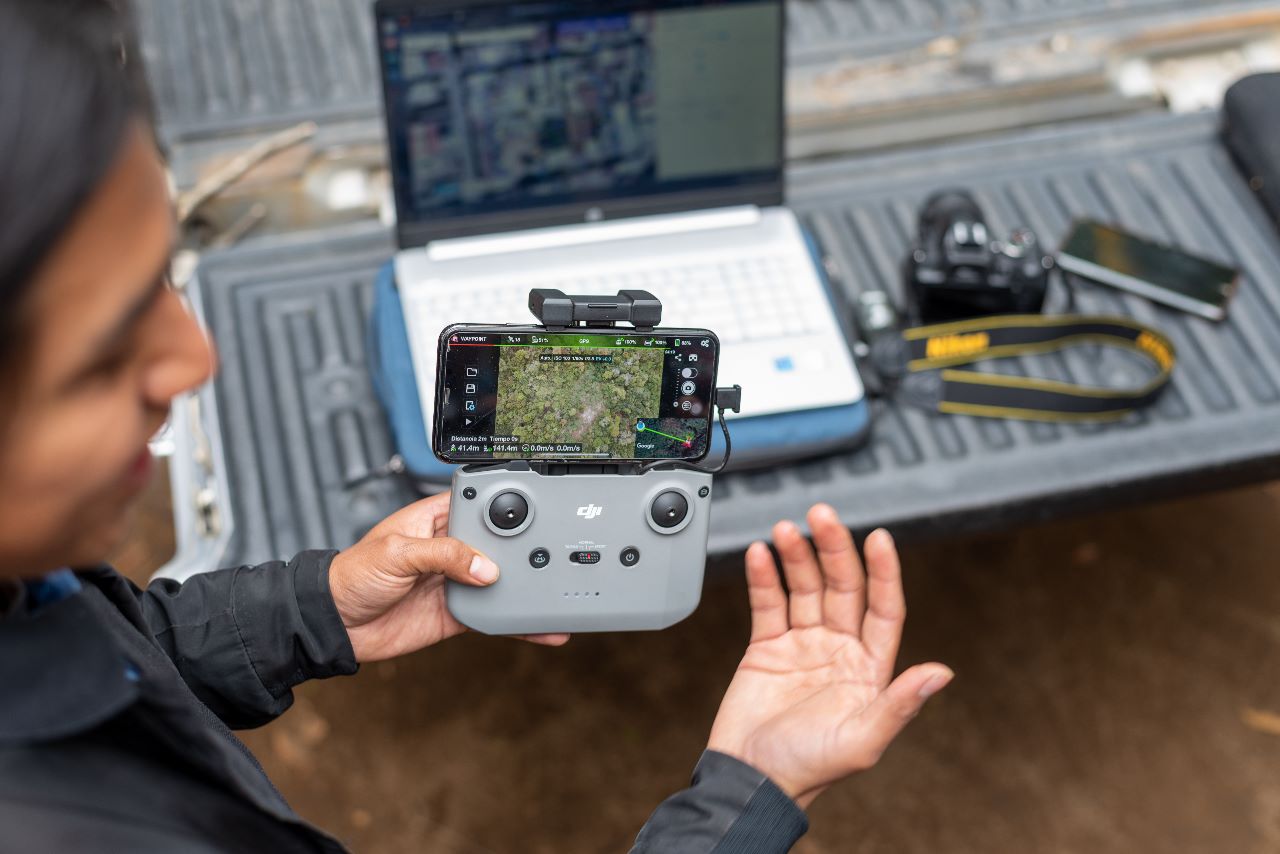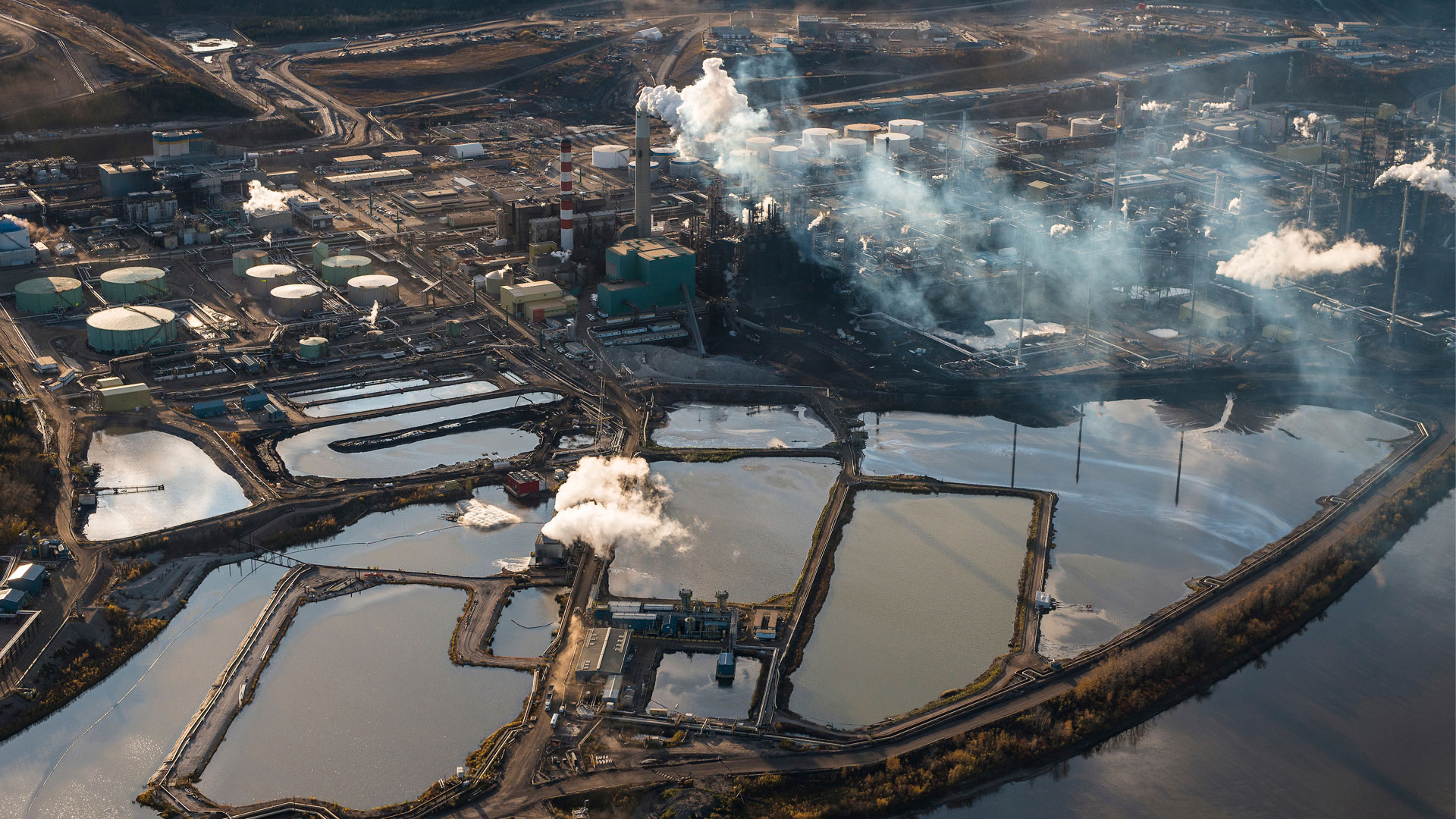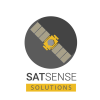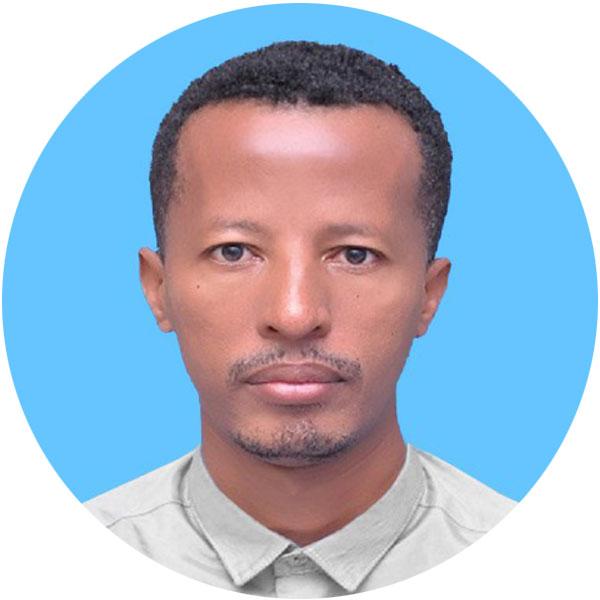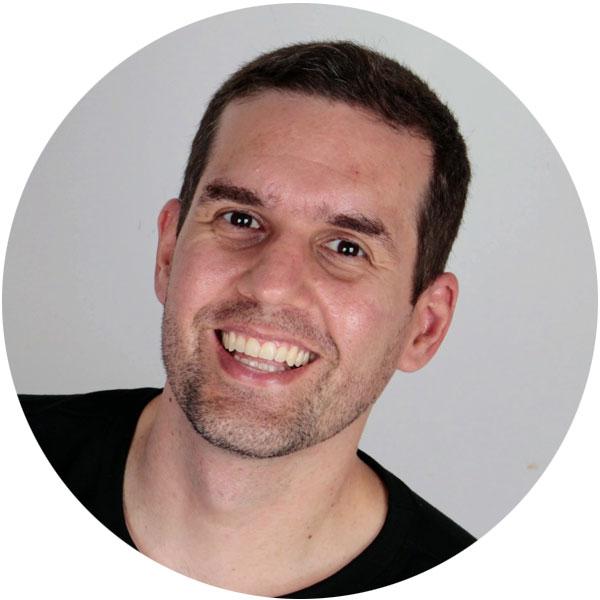Interview with Dr Khalid Mahmood, Assistant Professor at the University of the Punjab
Could you describe your professional career and/or personal experiences related to space technology and water? Where does your interest in those sectors come from?
I started my research career in 2013, with research interests revolving around various environmental concerns that were deeply rooted in water related issues of Pakistan. Having an educational background in Space Science, it was quite intuitive to possess understanding of the very high potential of applicability of Geospatial technologies in the water sector.








